Biotech Skincare Innovations: Lab-Grown Actives Revolutionising Formulations
Let’s stir up some magic in the lab! Today’s hot topic is all about biotech innovations. The skincare industry is buzzing with excitement over biotech innovations, particularly lab-grown actives like collagen and peptides.
If you’ve been paying attention to beauty tech trends, you know we’re entering a new era: lab-grown actives are no longer niche. From precision-fermented collagen to bio-identical peptides grown without animal extraction, biotech is reshaping what “natural”, “effective” and “sustainable” really mean in the cosmetic world. And if you’re a formulator, brand owner, or skincare strategist, this is the moment to lean in.
In this blog post, we’ll explore the science behind biotech actives and how you can position these technologies as a brand advantage without sounding like a pharma brochure.
What Is Biotechnology in Skincare?
In simple terms, biotechnology in cosmetics refers to using living organisms or biological systems (like yeast, algae, bacteria, or enzymes) to create or modify active ingredients. Instead of extracting collagen from bovine tissue or peptides from animal by-products, these actives are produced through fermentation, enzymatic synthesis, or precision genetic engineering.
These active ingredients produced through biotechnological processes, such as microbial fermentation, plant cell culture, or enzymatic engineering, are cultivated in controlled laboratory environments, ensuring consistency, purity, and sustainability. Collagen, peptides, and hyaluronic acid are among the stars of this biotech revolution, offering targeted solutions for skin concerns like ageing, hydration, and elasticity.
Biotech allows us to recreate complex molecules identical to those found in nature or even improve on them, without depleting natural resources or compromising ethical standards. That means fewer animal-derived ingredients, less strain on rare plant sources, and more consistency in performance.
In a market that demands both sustainability and performance, biotech is not a compromise. It’s a competitive edge.
Lab-Grown Collagen: Beyond Animal-Derived and Marine Sources
Collagen is a powerhouse ingredient in anti-ageing skincare, known for its ability to improve skin elasticity and reduce wrinkles. Traditionally sourced from bovine or marine animals, collagen extraction raises ethical and environmental concerns, including overfishing and high carbon footprints. Enter lab-grown collagen, a sustainable alternative that’s making waves.
Biotech collagen changes the game. By using microbial fermentation (typically yeast or bacteria), labs can produce bio-identical human collagen without any animal involvement. Lab-grown collagen is typically produced through microbial fermentation, where genetically engineered bacteria or yeast produce collagen proteins. This lab-grown collagen not only bypasses allergen and ethical issues but also offers more controlled molecular weight, which enhances its absorption and efficacy in topical skincare.
The result? An active that’s more stable, more ethically aligned, and at least as effective as animal-derived collagen. For formulators, biotech collagen provides consistency across batches and removes concerns about origin traceability or unstable sourcing. From a marketing standpoint, it aligns beautifully with clean, vegan, and cruelty-free claims.
Synthetic Biology and Peptide Innovation
Peptides, short chains of amino acids, are celebrated for their ability to signal skin cells to perform specific functions, such as boosting collagen production or soothing inflammation. Biotech advancements have made it possible to design and produce synthetic or lab-grown peptides with unparalleled precision. Through synthetic biology and recombinant DNA technology, peptides can now be engineered in labs with higher purity, more stability, and custom-designed sequences for targeted action. From a sustainability standpoint, the production is cleaner, and often uses fewer solvents and generates less waste.
Biotech methods allow for the creation of custom peptides with specific sequences to target skin concerns, such as:
- Signal Peptides: Stimulate collagen or elastin production (e.g., Matrixyl).
- Neurotransmitter-Inhibiting Peptides: Reduce muscle contractions to minimise wrinkles (e.g., Argireline).
- Carrier Peptides: Deliver trace elements like copper to enhance skin repair.
Biotech and the Microbiome: A Natural Synergy
Another exciting application is in microbiome-friendly skincare. Postbiotics, fermented filtrates, and lab-grown enzymes can be created using specific strains of bacteria that mimic the skin’s natural flora. These actives help reinforce the skin barrier, soothe inflammation, and rebalance sensitive or acne-prone skin.
For brands that lean into holistic or barrier-supportive narratives, biotech offers a way to substantiate those claims with serious science. You’re not just using botanical extracts and hoping for synergy. You’re using metabolically active compounds designed to cooperate with the skin’s natural biology.
Examples include fermented lysates from Lactobacillus, Bifida ferment lysate, or biotech-produced Ectoin. These ingredients perform beautifully in sensitive skin formulas and offer clear clinical backing.
Other Biotech Actives Gaining Traction
Beyond collagen and peptides, other lab-grown actives are transforming skincare:
- Hyaluronic Acid: Traditionally derived from rooster combs, biotech hyaluronic acid is produced via bacterial fermentation, offering a vegan, sustainable alternative with excellent hydration properties.
- Growth Factors: Lab-engineered growth factors, like epidermal growth factor (EGF), promote skin repair and regeneration without animal-derived sources.
- Enzymes: Biotech enzymes provide antioxidant protection, neutralising free radicals to help prevent premature ageing.
These actives align with the EU’s focus on safety and sustainability, making them ideal for modern formulations.
Environmental Benefits of Biotech Ingredients
We talk a lot about green beauty, but let’s be real, many “natural” ingredients come with hidden environmental costs. Cultivating and harvesting botanicals can sometimes damage ecosystems. Essential oil production can be water-intensive. And animal-based actives carry obvious ethical baggage.
Biotechnology presents a scalable, responsible alternative. Fermentation tanks use significantly less land, water, and energy than growing or harvesting raw materials. For brands looking to reduce their carbon footprint or strengthen their sustainability claims, biotech isn’t just an add-on. It’s a structural advantage.
Positioning Biotech Actives in Your Brand Story
Biotech ingredients are not just functional. They are storytellers. They allow indie and established brands alike to position themselves as forward-thinking, ethical, and science-driven. From a consumer standpoint, clarity matters. Many people don’t understand what “fermented hyaluronic acid” or “bioengineered peptides” actually mean. Your marketing must educate without overwhelming. Focus on the benefits, not the jargon.
Your message must be tailored to your audience. For the tech-savvy skincare enthusiast, highlight the science and clinical data. For the eco-conscious shopper, lean into sustainability and cruelty-free claims (always make sure your claims are compliant with your country’s cosmetic regulation as not all countries allow for cruelty-free claims). For the ingredient purist, focus on transparency, traceability, and performance.
To win over consumers, your brand must demystify biotech ingredients without losing their scientific appeal. Create content that bridges the gap between innovation and relatability. Avoid jargon-heavy terms like “recombinant DNA” in consumer-facing content; instead, focus on benefits like “purer, more effective peptides for sensitive skin”. By educating your audience, you position your brand as a transparent, science-driven leader in the clean beauty space, turning complex biotech into a compelling selling point.
Biotech Challenges and Misconceptions
Of course, it’s not all smooth sailing. Biotech ingredients often come with higher upfront costs, especially for smaller brands. And there’s still consumer resistance in some segments, especially those who equate “lab-made” with “synthetic” and view anything scientific as unnatural.
That’s where your education strategy comes in. Just as organic used to require explanation, biotech is still in its early consumer understanding phase. Your brand has an opportunity to become a trusted guide.
Keep in mind that formulating with biotech doesn’t exempt you from regulatory requirements. You still have to comply with your country’s cosmetic regulation and make sure that whatever cosmetic ingredient you include in your formula is not prohibited in your country.
What This Means for Indie Brands
For indie beauty founders, the rise of biotech is both a challenge and an invitation. It requires learning a new ingredient language, building new supplier relationships, and often paying a premium for innovation. But it also opens the door to creating high-performance formulas that align with both modern science and modern values.
If you’re already formulating clean, vegan, or sustainable skincare, biotech allows you to upgrade your actives without compromising your mission. If you’re just entering the market, it offers a future-proof pathway to stand out.
As we near the end of this article, let me leave you with my final thoughts.
Biotech in skincare is not a trend, it’s a transformation. As consumers demand more transparency, more sustainability, and more efficacy, lab-grown actives offer a path forward that doesn’t sacrifice performance for ethics.
Whether you’re exploring lab-grown collagen, engineered peptides, or fermented post-biotics, these innovations let you create products that respect both the skin and the planet. As a (future) cosmetic brand, now is the time for you to experiment, evaluate, and evolve!
Here’s to formulas that work and brands that thrive!
From my lab to yours,
Rose

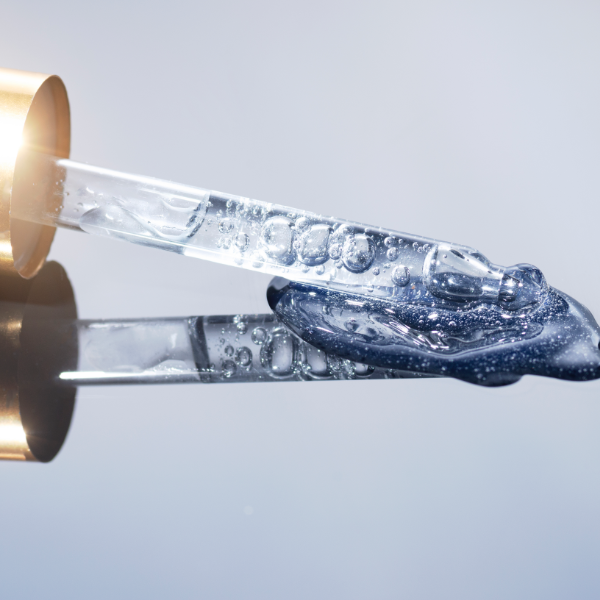
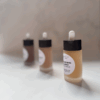

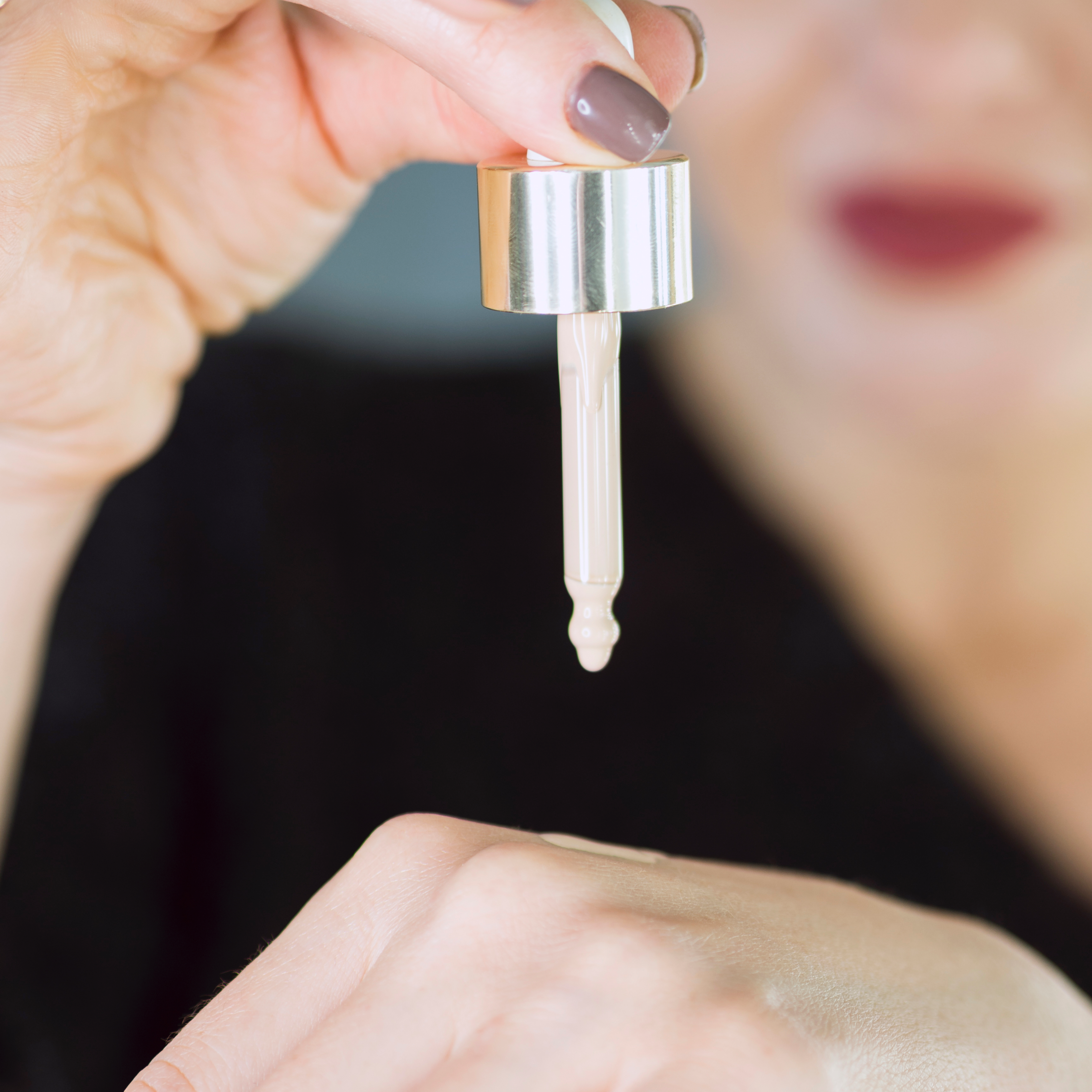

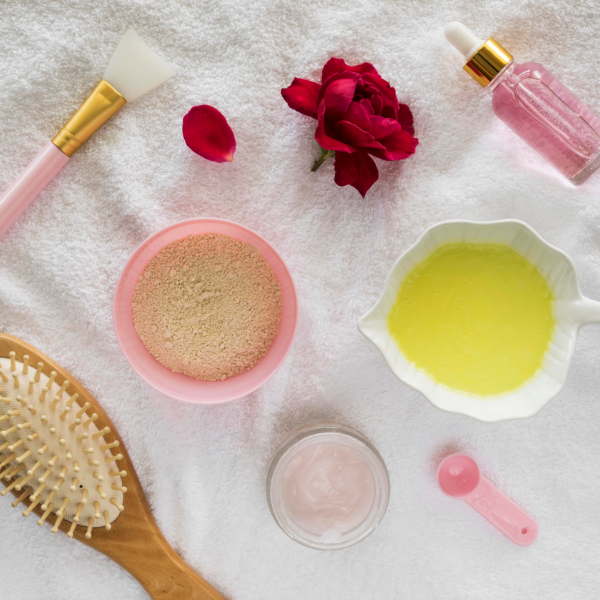
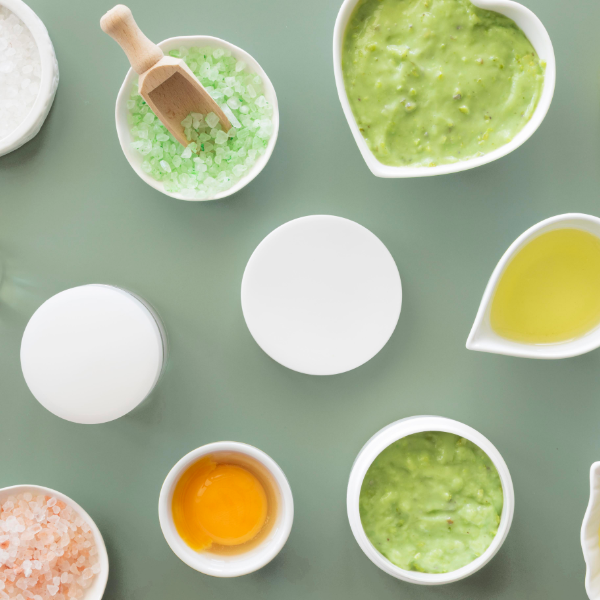
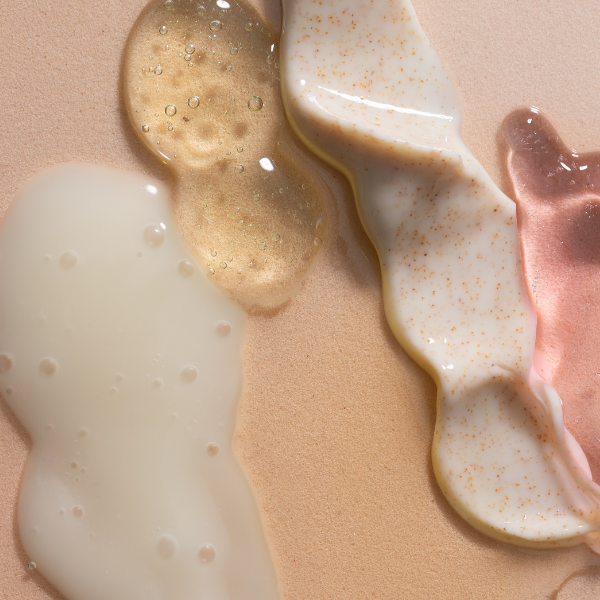
Add comment